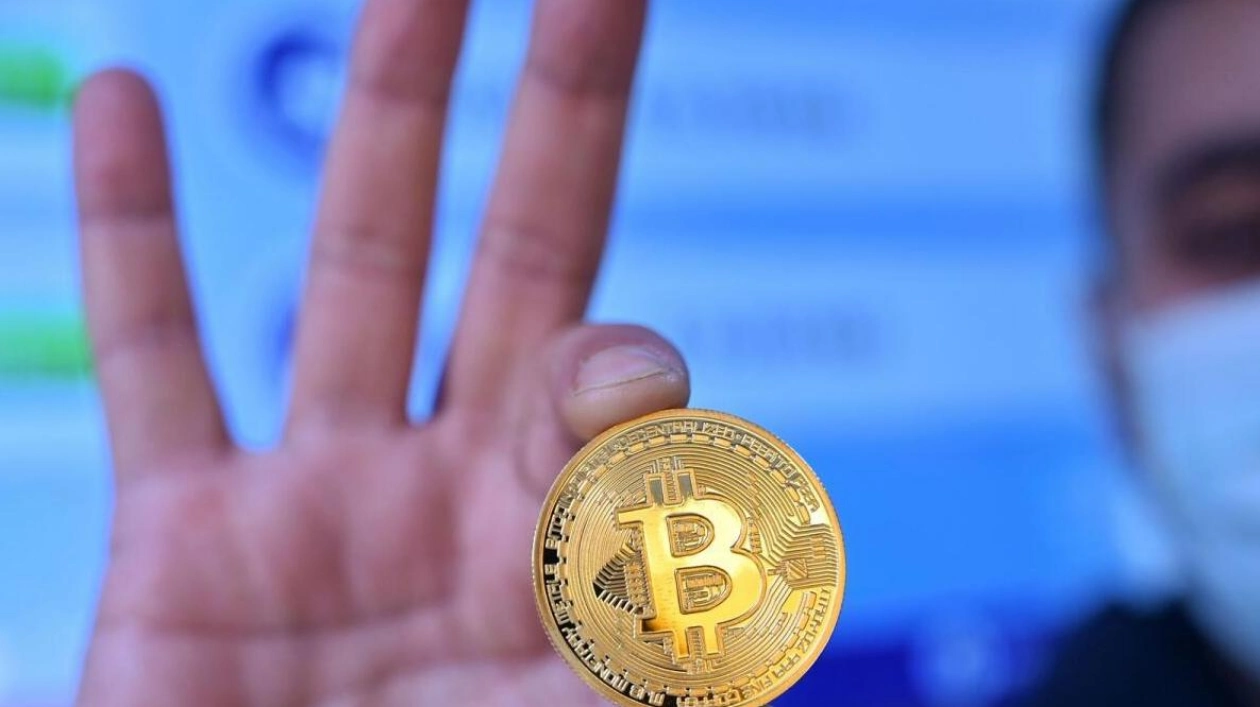Photo: AFP
Bitcoin surpassed the $100,000 threshold for the first time on Thursday, driven by expectations that US President-elect Donald Trump will implement deregulatory measures for cryptocurrencies when he assumes office next month. The cryptocurrency reached $102,700 during early Asian trading, marking a significant surge since Trump's election on November 5, where he vowed to transform the United States into the 'bitcoin and cryptocurrency capital of the world'. Since the tycoon's victory, Bitcoin has surged over 50%, and approximately 134% since the beginning of the year. However, its ascent has recently plateaued just below $100,000 as investors awaited fresh catalysts to drive further buying.
This momentum appeared to be reignited by the news that Trump has appointed prominent crypto advocate Paul Atkins to chair the Securities & Exchange Commission. Atkins, who served as an SEC commissioner from 2002 to 2008, founded Patomak Global Partners in 2009, a risk consultancy firm with clients in banking, trading, and the cryptocurrency sector. The Trump transition team highlighted Atkins' role as co-chairman of the Digital Chamber of Commerce since 2017, an organization promoting digital assets. 'Paul is a proven leader for common sense regulations,' Trump stated, emphasizing Atkins' dedication to 'robust, innovative' capital markets. 'He also recognizes that digital assets and other innovations are crucial to Making America Greater than Ever Before,' Trump added.
Atkins is set to replace Gary Gensler, who spearheaded a crackdown on the sector following a 2022 market downturn. Stephen Innes of SPI Asset Management noted, 'Atkins, a conservative legal expert known for critiquing the SEC's stringent stance on cryptocurrency firms, is expected to adopt a more crypto-friendly approach.' This strategic appointment has invigorated the crypto community, stoking investor optimism about a potentially more lenient regulatory environment under Atkins' leadership, in line with broader Republican support for a relaxed approach to the burgeoning digital asset market.
Despite once labeling cryptocurrencies a 'scam', Trump has since become a major proponent, even announcing in September the launch of a digital currency platform named World Liberty Financial, alongside his sons and entrepreneurs. He has also formed a close alliance with tycoon Elon Musk, who reportedly invested over $100 million to aid Trump's return to the White House and was tasked with leading a new government efficiency group aimed at reducing federal waste. Analyst Dan Coatsworth of AJ Bell remarked, 'With expectations that he will ease regulations on the crypto industry, it's clear why investors are flocking to digital currencies and related stocks.' Samer Hasn of XS.com added that the prospect of relaxed regulation is fueling 'hopes of deeper integration of cryptocurrencies into the country's economic fabric.'
Since its inception, cryptocurrencies have garnered significant attention, from their extreme volatility to the collapse of major players like the FTX exchange platform. Bitcoin, conceptualized in 2008 by an individual or group under the pseudonym Satoshi Nakamoto, was envisioned as a means to bypass traditional financial institutions through a decentralized transaction platform. The digital currency is generated—or 'mined'—as a reward for solving complex problems by powerful computers that validate transactions on an immutable ledger known as the blockchain. Bitcoin has faced criticism for being the preferred currency for anonymous payments on the dark web, often linked to criminal activities. The asset has also been scrutinized for its role in money laundering and facilitating ransomware attacks.
Source link: https://www.khaleejtimes.com






